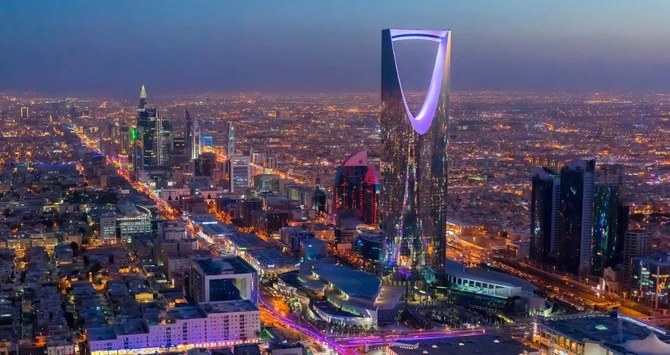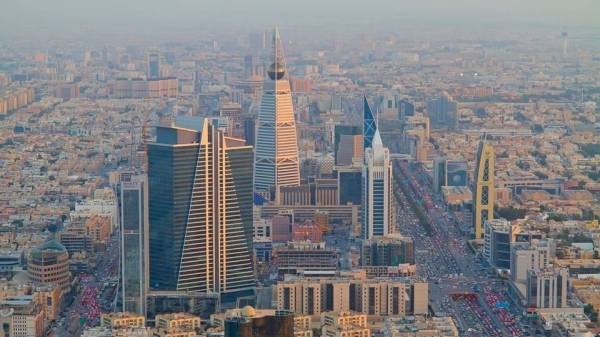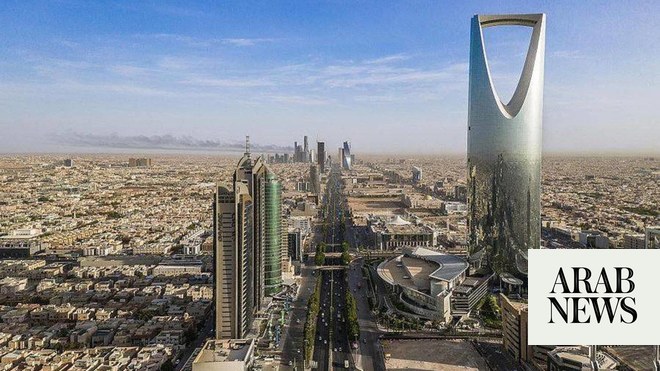
RIYADH: Saudi Arabia has officially gazetted the terms and conditions of a law enabling multinational companies to qualify for a 30-year income tax exemption upon relocating their regional headquarters to the Kingdom.
Umm Al-Qura published the guidelines as the law came into effect on Feb. 16, following official publication in the gazette. This aligns with existing tax and zakat regulations within Saudi Arabia, as indicated in the national classification of economic activities.
This follows Saudi Arabia’s introduction of the tax incentive initiative in December 2023 to attract foreign companies and encourage them to establish their regional hubs in the Kingdom.
With the law in effect, eligible firms can benefit from a 0 percent income tax rate for corporate entities and withholding taxes for a period of 30 years under this initiative, provided they meet the laid-down terms and conditions.
The Kingdom had previously announced that it would not award any deals to any foreign company or commercial entity with a Middle Eastern base outside Saudi Arabia starting from Jan.1, 2024.
Over 200 international firms became eligible to procure government contracts in Saudi Arabia as they opened regional headquarters in Riyadh by the end of 2023.
This benefit becomes immediately accessible upon obtaining their regional headquarters license.
Furthermore, these companies will experience relaxed Saudization requirements and streamlined work permit provisions for the spouses of executives stationed at these regional headquarters.
Article 3 of the regulations outlines the tax incentives granted to regional headquarters that meet the qualification criteria set forth by the Ministry of Investment, as per the official gazette.
These incentives include a 0 percent income tax rate on qualified income and a 0 percent withholding tax on various payments, provided the companies meet specific conditions, according to the Kingdom’s first Arabic-language daily newspaper.
However, exemptions from withholding tax are not applicable under certain circumstances, such as non-approved activities or instances of tax avoidance outlined in the rules.
According to Article 4, these tax incentives are granted for a period of 30 years to regional headquarters engaging in qualified activities, subject to renewal. The countdown for these incentives begins upon obtaining the regional headquarters license and ceases upon the expiration of the 30-year term or the cessation of regional headquarters operations.
To ensure compliance, Article 5 stipulates several actual economic requirements for regional headquarters. These include possessing a valid license issued by the Ministry of Investment, maintaining appropriate assets and operational expenses in Saudi Arabia, and generating revenue from approved activities within the country.
The regulations also mandate adherence to specific record-keeping and reporting procedures, with the Zakat, Tax, and Customs Authority responsible for monitoring and verifying compliance with these requirements.
Failure to meet the economic requirements may result in penalties, fines, or even the suspension or cancellation of tax incentives, as outlined in Articles 11 and 12.
Furthermore, the regulations affirm that regional headquarters are considered residents of Saudi Arabia for international treaty purposes, provided they meet residency criteria outlined in the Income Tax Law.
These measures reflect Saudi Arabia’s concerted efforts to attract foreign investment and bolster its position as a regional business hub.
Several international firms from various sectors, including energy, technology, health care and hospitality, have now established their headquarters in Riyadh.
Some of the noted firms that relocated their headquarters to the Kingdom are Northern Trust, Bechtel and Pepsico from the US, and IHG Hotels and Resorts, PwC, and Deloitte from the UK.











